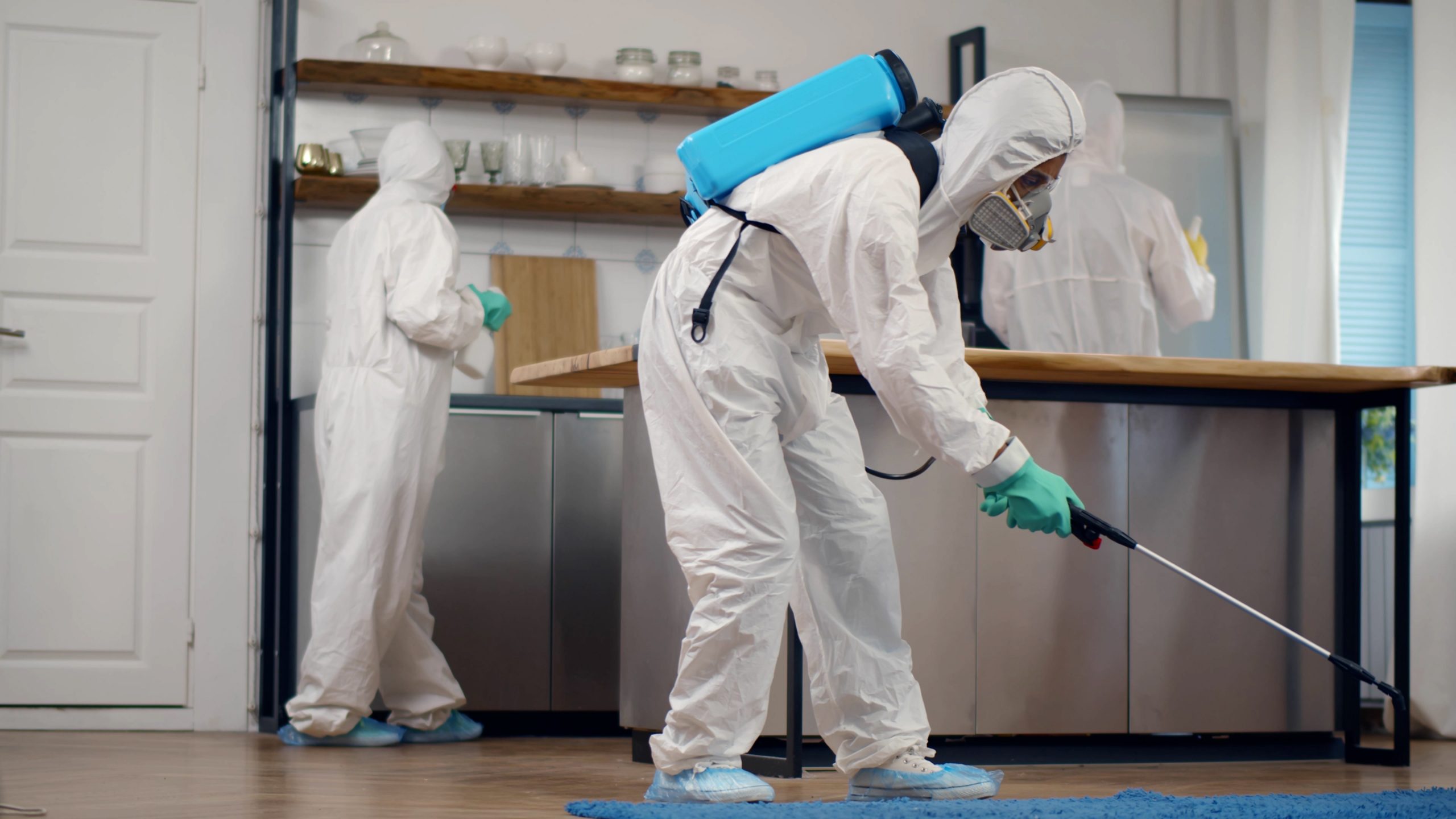Proven Bed Bug Heat Treatment: Eliminate Bed Bugs with Heat!
Proven Bed Bug Heat Treatment: Eliminate Bed Bugs with Heat!
Blog Article
Expert Pest Control Techniques for Long-Term Outcomes
Expert parasite control strategies envelop a comprehensive technique that begins with a complete examination and analysis, followed by precise pest identification to understand their behavior patterns. The implementation of Integrated Insect Management (IPM) principles, coupled with eco-conscious treatments, forms the cornerstone of lasting parasite eradication.
Inspection and Assessment
Upon entering a residential or commercial property for insect control services, the first action is a detailed examination and analysis to recognize the degree of the invasion and identify the most reliable therapy plan. Professional parasite control technicians are educated to thoroughly take a look at the facilities, looking for indicators of bug activity such as droppings, gnaw marks, nests, or any kind of structural damage. They will certainly likewise assess the problems that may be attracting parasites, such as food sources, water leakages, or entrance points.

Insect Recognition and Actions

In addition, comprehending the habits of the identified pest is key to applying reliable control procedures. As an example, knowing where pests nest, what they prey on, and their task patterns can help pest control professionals design methods to eliminate them efficiently. Some parasites might be nocturnal, while others are extra active during the day. This expertise enables the application of therapies at ideal times for optimum efficiency.
Integrated Parasite Management (IPM)
Integrated Bug Management (IPM) methods combine several strategies to control and stop pest invasions in a lasting and environmentally friendly fashion. pest control. By integrating techniques such as organic control, environment manipulation, modification of social techniques, and using immune varieties, IPM aims to lessen making use of chemical pesticides
Among the key principles of IPM is the emphasis on prevention. This aggressive strategy involves monitoring bug populaces regularly to spot any type of prospective concerns prior to they rise. By recognizing pest problems early, pest control procedures can be applied promptly and effectively.
Furthermore, IPM promotes the use of safe parasite control methods whenever feasible. This can include what does an exterminator do utilizing natural killers of the insects, presenting useful insects, or utilizing scents to interfere with mating patterns. By lowering reliance on chemical pesticides, IPM not only safeguards the environment yet likewise aids keep an equilibrium in the ecosystem.
Environmentally-Friendly Therapies
Carrying out eco-conscious strategies in parasite control treatments can properly resolve problems while focusing on environmental sustainability. Environmentally-friendly treatments concentrate on decreasing the effect of insect control methods on ecosystems, non-target microorganisms, and human health and wellness. These techniques frequently involve making use of natural predators, such as ladybugs or nematodes, to regulate pest populations, reducing the demand for chemical interventions. Additionally, strategies like habitat manipulation, such as readjusting wetness degrees or eliminating food sources, can aid discourage bugs without the use of harmful compounds.
One more trick aspect of environmentally-friendly therapies is the use of organic and eco-friendly products that damage down promptly without leaving More about the author damaging deposits in the environment. Organic pesticides originated from plants like chrysanthemums or neem use effective insect control while posturing minimal danger to non-target types. Furthermore, utilizing techniques like warmth treatments or pheromone catches can target details pests with precision, minimizing the total environmental impact of parasite control practices.
Continuous Surveillance and Upkeep
Continual surveillance and upkeep are vital elements of efficient bug control administration. Continuous tracking plays a critical duty in making certain that pest problems are detected early and dealt with quickly. Normal examinations by qualified experts are required to identify any signs of parasite task, examine the efficiency of previous treatments, and make adjustments to the pest control strategy as required. By checking parasite populaces in time, insect control experts can track fads, expect prospective issues, and apply preventative steps to reduce the threat of future problems.
In enhancement to monitoring, maintenance methods are essential for long-term insect control success. This consists of applying proper sanitation steps to get rid of possible food and water resources for parasites, sealing off entry points to stop bugs from getting in the properties, and addressing any structural issues that could help with bug invasions (bed bug treatment). By integrating continuous tracking and maintenance into an integrated pest management strategy, businesses can ensure a pest-free setting and guard their property versus pricey damages and health and wellness dangers
Conclusion
In conclusion, utilizing specialist parasite control methods such as complete assessment and evaluation, accurate parasite recognition and understanding of their habits, integrated insect management strategies, environmentally-friendly therapies, and continuous monitoring and upkeep are necessary for accomplishing long-term outcomes in parasite control. By carrying out these techniques, people can successfully handle pest problems and maintain check here a pest-free setting in a sustainable manner.
Report this page